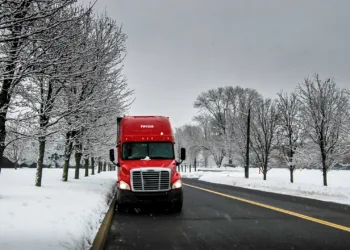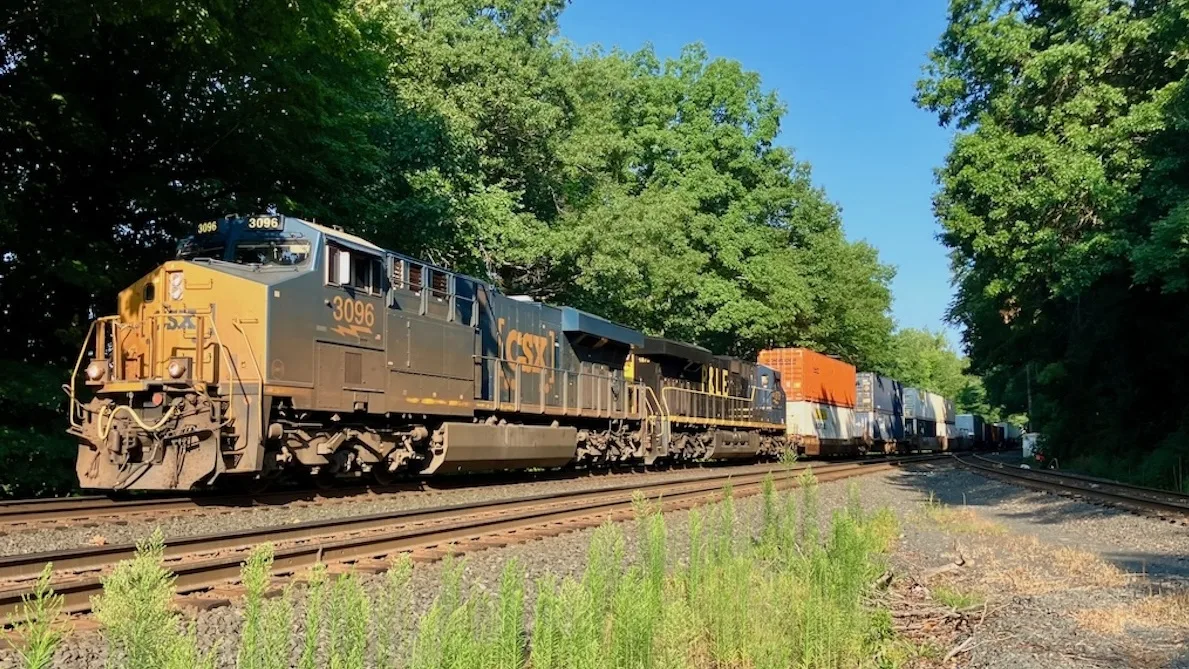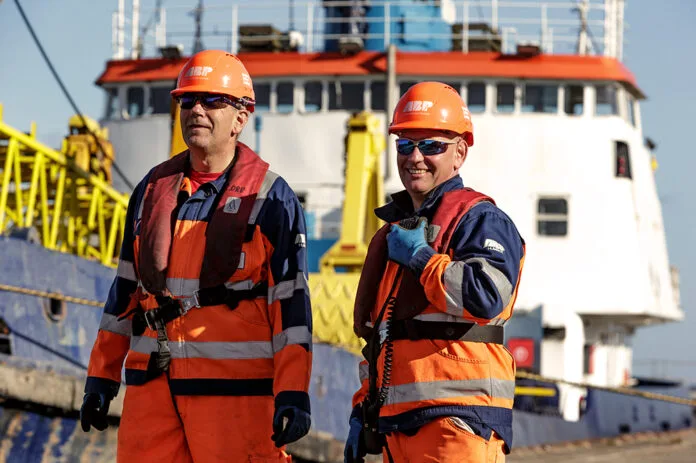“MPs Hear Industry Concerns Over Vancouver Port Strike Impact on Canada’s Reputation and Economy
During a parliamentary hearing, auto manufacturing groups raised alarms about the lasting repercussions of the Vancouver port strike this summer, emphasizing the need for preventive measures against future disruptions. Brian Kingston, President of the Canadian Vehicle Manufacturers’ Association, highlighted the chaos caused by the nearly month-long strike, impacting an auto industry already grappling with post-pandemic supply chain challenges. He expressed concern over Canada’s supply routes becoming increasingly fragile due to labor issues, border closures, and weather problems.
Kingston stated that disruptions have evolved into a concerning pattern in the Canadian transportation system, emphasizing the need for proactive measures. The Vancouver port closure, which resulted in a settlement being reached, rejected, and then finalized, incurred an estimated economic cost of at least $10 billion during the summer, contributing to inflationary pressures.
Pointing to potential reputational damage, Kingston noted that major companies are now considering alternatives to Vancouver and Montreal ports, aiming to reduce dependence and implement contingency plans in case of future stoppages.
Robert Ashton, President of the International Longshore and Warehouse Union Canada, attributed the prolonged strike to management issues, highlighting the negotiation structure in B.C. ports. He emphasized the importance of direct negotiations with decision-makers to expedite talks. Ashton cautioned against legislative interventions, arguing it could harm the relationship between employers and the union.
Alberta Minister of Transportation and Economic Corridors, Devin Dreeshen, expressed disappointment with the federal government’s perceived lack of urgency in addressing the Vancouver port strike. Drawing comparisons to the swift resolution of the Port of Montreal strike in 2021, Dreeshen urged consistent and urgent government actions to safeguard against future disruptions.
The discussion also touched on the future automation of port jobs, with concerns raised about potential job losses and negative impacts on communities. Ashton emphasized the need to prioritize employment over automation to sustain communities.
The consensus among industry representatives is the call for better communication plans, coordination among government levels, and proactive measures to mitigate the impact of potential disruptions in the future.”



















